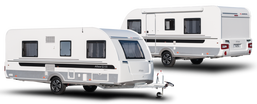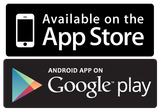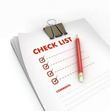
The following list should be considered as a guide to what to do before leaving home for your journey.
CAR...
* Check that all your mirrors are firmly secured and you can see appropriately out of them
* Check that you have appropriate tension in your fan belt and that its condition is still good
* Check you have enough water/coolant in the engine and that you have an adequate amount of brake fluid
* Check your oil levels in both the engine and transmission
* Ensure you have a full tank of petrol
* Ensure your tyre pressure is good, don't forget to check the spare tyre as well
* Get someone to stand outside while you press the break pedal and switch on the various lights, ensure that all are working
* If your 4WD has air shocks fitted, ensure that they are inflated
* Look at the condition of the various hoses in your engine, are they still ok?
* Check the wheel nuts of your 4WD and the condition of it's tyres
* Ensure that your brakes have been checked and adjusted if necessary
CARAVAN...
* Check that all the windows and any hatches are closed
* Check that the gas bottles are turned off and are secure
* If you are free camping, ensure the on-board water tank has been filled
* Ensure that all the cupboards and drawers in the caravan have been closed and any tables secured firmly
* Make sure that the fridge door is closed and locked, also check that any of the fridge's contents are sealed
* No loose items should be kept on cupboards or shelves within the caravan
BEFORE DEPARTING...
* Check that all safety chains have been secured
* Check that the caravan doors are locked and closed
* Check that the steps of the caravan have been raised
* Double check that lights are working, both on the vehicle and caravan
* Ensure that all tyres have been correctly inflated to the appropriate pressure
* Ensure that all wheel chocks have been removed
* Ensure that your towing aid has been fitted correctly and safely
* Ensure the jockey wheel has been removed or firmly secured
* Make sure that all gas has been turned off
* Make sure that all stabiliser legs have been raised and all safety stands removed
* Make sure that the 240V electrical lead, water and waste hoses have been disconnected
USEFUL SPARES TO HAVE...
* A spare fan belt
* A spare wheel, tyre and tube to suit your caravan
* Extra electrical wire
* Some extra coolant
* Some extra engine oil
* Some insulating tape
* Spare radiator hoses
GOOD TOOLS TO HAVE...
* 2 x tyre levers
* A number of tools that will fit both the vehicle and the caravan
* A wheel brace that will work on the wheel nuts of both the car and caravan
* Blocks to stabilize the corners when the ground is soft or not level
* Tyre gauge
** Please note the above lists are included only as a guide and should not be considered an exhaustive list

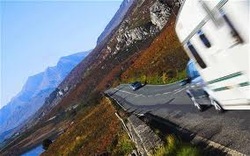
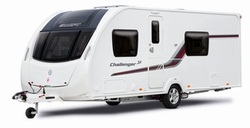
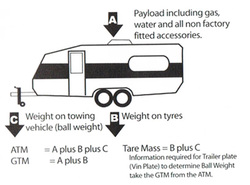
 RSS Feed
RSS Feed
